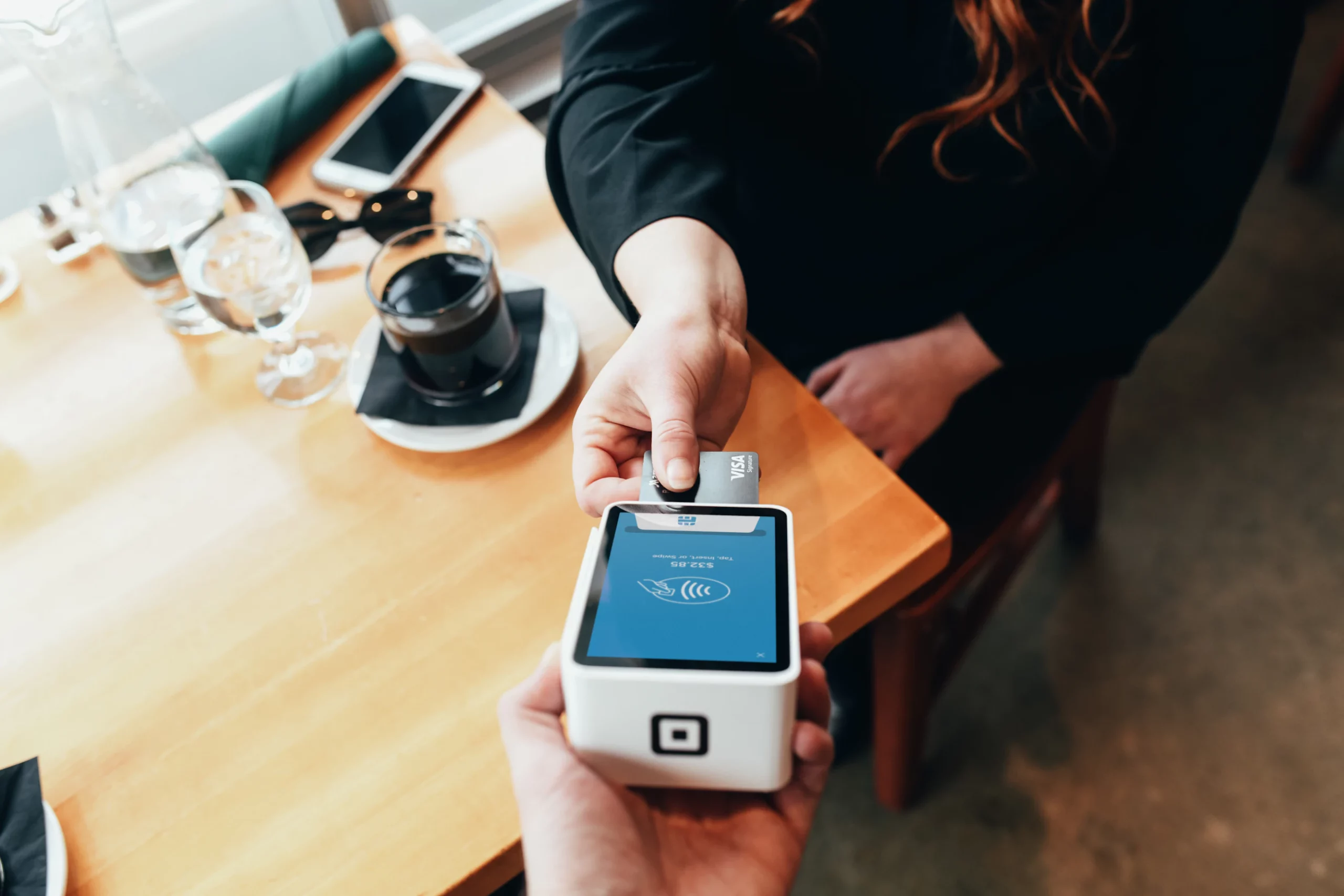BHN speaks to two hospitality professionals who graduated from the General Managers Program (GMP) at Cornell University a decade ago, to learn about their career progression and how the industry has evolved in that time.
• It’s been 10 years since you enrolled on the General Managers Program at Cornell University. In that time, what have you learnt and how have you grown into your current role?
Deborah Heather, CEO, QIA Services: The program itself was inspiring. Not just the education which was excellent, but the group of people assembled and the experience as a whole.
As a GM, the knowledge I gained enhanced many aspects of my role, but I think the standout for me was around leadership. Nowadays I own and run a company supplying the whole sector, but the learning still applies.
The most important lesson for me was how to embrace and feel comfortable with my values, to let my ethics be reflected in my vision and applied to the everyday running of the business. It’s about being authentic, honest and confident in your ability.
Simon Mahon, GM, The Grand York: The programme was excellent. I was blown away by the quality of the education I received, and it was really impactful both in the short and long term. I understood more about topics that as hoteliers we don’t normally get to study, including asset management, finance, the leveraging of money, and that took my understanding of an owner’s requirements to the next level. There was also a full day on the morality of business and doing the right thing as a GM. That’s had a lasting impact.
When we’re growing as hoteliers, we focus on the business from a team and guest perspective, and the right revenue returns. What the GMP also taught us is that we should understand and consider the role ownership and backing has to play – REITS, investment banks, hedge funds, and private equity in our sector are all important. I think to be successful, you need to view the business from multiple angles. Don’t make a decision without considering the impacts across several stakeholders.
• Did you expect your career to take the path it has, and has there been any surprises along the way?
DH: Absolutely not. I thought I would continue as a GM and become a Master Innholder. But for a variety of reasons, including the demands of family, moving to Devon, and the desire for a more commercial role, I sought other opportunities. I still get a pang of jealousy when I am with hoteliers, but my role is fulfilling and I am lucky I can embrace my entrepreneurial self.
SM: I really didn’t expect my career to take this path. At the time I took the course I was at Park Plaza County Hall in London. One day, I hosted a tour of the hotel and was offered a position in Bangkok to open a luxury property for a private owner. For me this was the biggest surprise, transitioning from a city-centre four-star hotel to a five-star luxury one half way around the world.
• What’s been your greatest challenge and how did you overcome this?
DH: The hardest thing to deal with is losing team members. I have experienced accidents, illnesses, and suicides, which is incredibly sad. You must lead from the front and remember it’s not your tragedy to own.
I’ve always described myself as ‘thinned skinned’ and at Cornell they would rail against this type of description, but it makes me perceptive and sensitive. I have had to learn not to take everything to heart, to learn when things aren’t personal, and even if they are, to switch off to the negative or the manipulative.
SM: I joined The Grand York during the second week of lockdown. I arrived with no-one here except for a few members of staff who weren’t furloughed. I realised we needed the right plan and approach in order to reopen successfully. As a result, we identified new target markets and redesigned our approach which dovetailed with the staycation boom.
It was also important to keep the furloughed team engaged and cared for. We hosted online talent contests, pub nights and quizzes streamed from our own homes, and I also gave a weekly update on the hotel. It was a great opportunity for me to get to know my team, albeit virtually.
• How has the hospitality industry progressed in the last decade?
DH: Clearly there has been all the tech improvements making operations easier and more streamlined. I think the current employment crisis and the pandemic can be a bit of an excuse; the great operators kept everything going, retained their core staff and took a long-term view. I stayed at The Stafford in London during the ups and downs of lockdowns – you wouldn’t think anything had happened, so a shout out to Start Proctor and team.
From a personal perspective as a female GM 15-ish years ago, it’s great to see female superstars emerging. I met a wonderful GM, Kasia Szczechowicz, at the Hospitality Action dinner in March and recently stayed at her hotel: The Hampton by Hilton in High Wycombe. Despite our synergies, Kasia was promoted to GM years before I had a similar opportunity. She’s empowered to be herself in the business and it’s encouraging to see and hear how attitudes are changing.
SM: Social media has evolved to become a viable distribution channel, and sustainability has also moved up the agenda to become a core component of a hoteliers’ business plan.
There’s a greater focus on employees, ranging from mental health awareness to the wellbeing of your workforce, wage structures, career progression and flexible working schedules. Food safety preferences and allergies is a huge focus too, alongside expectations around good quality food. We’ve also seen the introduction of new cuisines, which is prompting our kitchen teams to think and act creatively.
The prevalence of brands in the market has dramatically increased, and the educated consumer now really understands the brand they like. This has led to independent hotel brands emerging very strong and proudly carving a place in the wider market as well as local communities.
The growth of the alternative accommodation sector has also grown significantly over the last 10 years. Whether it’s serviced apartments, Airbnb, aparthotels, or hostels, these sectors form a viable part of the hospitality environment.
• What difficulties prevail and how can this be solved?
DH: There is no doubt that the industry really needs to embrace change in employment practise. Flexibility comes in all sorts of different guises, and the industry can do so much more to accommodate potential employees and drive loyalty.
With rising costs, increasing wages isn’t always the answer – some team members can work at home. Why stick to traditional shift times? Flex it up, stagger it, work around the local bus schedule. It’s time to adapt and be inclusive. Veryan Palmer at The Headland told me of their inclusive approach to team members with special needs and how supportive (and protective) colleagues are. Talent is out there, we just need to look in different places.
SM: The availability of skilled workers is a problem, and the way we overcome this is a greater focus on retention, better training, ensuring we work with schools and colleges to attract the next generation workforce, as well as making hospitality attractive to the “silver server”. And we need to embrace the fact that we will need to start sponsoring overseas talent.
I don’t think the full power and damage of Brexit has materialised. Not only has the cost of supplies gone through the roof, but delivery times have extended drastically. Orders can be unpredictable and capital items are getting stuck at customs. And then there’s highly talented people who want to work in the UK and they can’t enter the country. It’s detrimental to our industry.
I also think we need rising competition for the OTAs – both from hotels driving direct bookings, and by the number of OTAs in the market – so that pricing structures are lowered.
Some might look at Airbnb as positive and we should welcome this competition too, but the platform brings its own challenges around regulation. Hotels pay business rates and commercial charges but Airbnb owners do not. We’re also aware that smaller communities can be eroded by the unrestricted growth of Airbnb, but even in bigger destinations it’s causing problems for employees due to limited housing stock.
• What core behaviours do you aim to nurture in yourself and the teams around you?
DH: Patience is not a virtue I possess – I embrace change, I enjoy it. But I need to focus on taking the time to bring the team with me, to train people fully, to help them to adapt. Sometimes, myself and my senior team are so busy working ‘in’ our business, we need to remember to take the time to work ‘on’ our business.
SM: When identifying core skills, our team discussions are centred around excellent communication, good judgement, strong drive, great guest care, delivering excellence, and teamwork.
• If you could share advice to up-and-coming hospitality leaders, what would that be and why?
DH: Be authentic. You’re better if you are yourself – more believable, more honest – and it makes leadership more natural. And apply to the Master Innholders’ education schemes, they’re fab!
SM: We always need to be balanced as leaders. There’s a risk that businesses place too much emphasis on the shareholder, rather than the right emphasis on all of the stakeholders. That can lead to really short term results. It’s about teams, guests, the investor, and a businesses’ social responsibility program.








